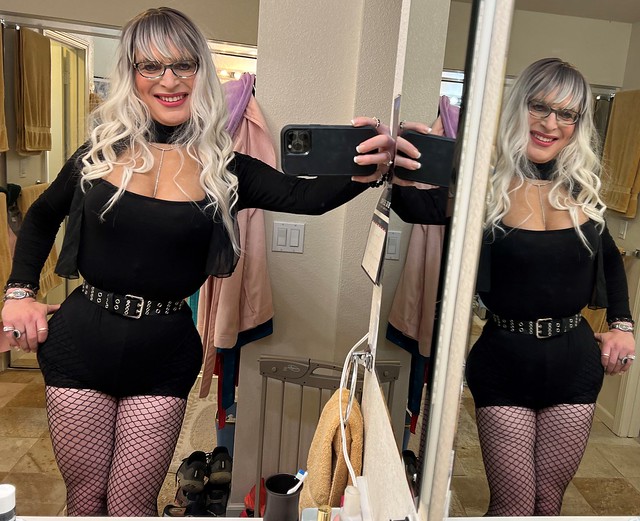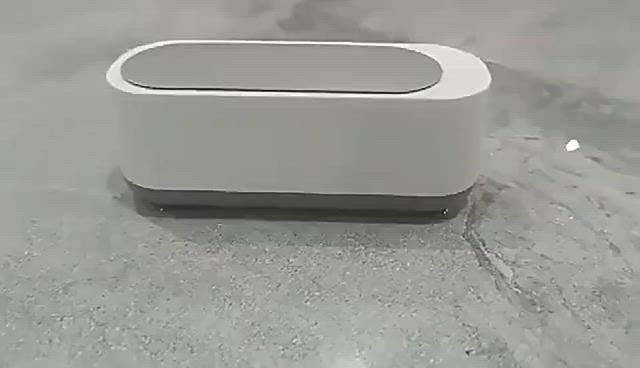Reusable Cotton Pads
Reusable cotton pads are a great way to reduce waste. They are lint-free, double-sided and made from natural materials. They are also a good choice for applying glycolic acid treatments and other skincare products.
They are similar to cotton balls in that they are both used for putting on or removing beauty products. They are especially useful for removing nail polish and applying skin care products.
Muji
Muji is a Japanese brand that specializes in minimalist products. Its products range from clothing to home goods and food. Their goal is to make products that are simple and unbranded. They believe that simplicity is more appealing than luxury. They also strive to eliminate unnecessary costs, such as storing excess inventory or packaging. They want to create products that are as functional as possible without compromising on quality.
Their no-brand strategy has worked wonders for them, allowing them to tap into the wallets of consumers all over the world. In addition, their stores feature a relaxing atmosphere with natural colors and low-volume music. This helps reduce customer stress, which is an important factor in buying a product.
Founded in 1980, Muji (officially known as Ryohin Keikaku) was born out of the need for no-frills affordable and quality products in Japan. It started with 9 household goods and 31 food items and now has over 900 stores globally. The company’s philosophy is based on three processes: selection of materials, scrutiny of manufacturing processes, and simplifying packaging.
As the company grows, it needs to continue improving its relationship with its customers and staying current with their Cotton Pads changing lifestyles. This will help them maintain a competitive edge in the marketplace. However, it is also important to keep in mind that Muji’s global expansion has led to a number of challenges. For example, high shipping, rental, and labour costs in the USA have made it challenging for them to offer the same products at the same price as their Japanese stores.
Q-tips
Cotton swabs, also known as Q-tips, are among the most perplexing consumer products on sale in America. While plenty of things that are sold for uses other than their intended purpose—books for leveling tables, newspapers for keeping fires aflame, seltzer for removing stains, and coffee tables for resting legs—these are the only major consumer products for which the manufacturer explicitly warns against using them in one particular way.
Inventor Leo Gerstenzang designed the first mass-produced cotton swab in 1923, originally named Baby Gays (later simply Q-tips). Design lore has it that he got the idea for his product after watching his wife apply wads of cotton to toothpicks to clean their infant daughter’s eyes, ears, and belly button. He developed a machine to wind tight cotton on both ends of a cured birchwood stick with blunt, pointed tips.
Q-tips are available in a variety of sizes and packages. A standard package of 500 is $5, and there are smaller to go/travel cases that cost less. They are also biodegradable and recyclable. In addition to their use as an ear cleaning device, they are also commonly used for beauty upkeep, arts and crafts, and home and electronics cleanup.
While doctors strongly discourage the use of cotton swabs Disposable cotton tissue wholesale in the ear canal, millions of Americans continue to use them. As of recently, many companies have begun to add an explicit warning to the box.
AmazonBasics
AmazonBasics is a private label brand of products that offers competitively priced alternatives to premium brands. These products include a variety of categories from electronics to kitchen accessories. Many of them feature an established reputation for quality and have positive customer reviews. In addition, they often offer discounts and promotions. Some even come with a limited warranty. However, it’s important to read product descriptions and compare prices before buying. You should also look at the customer ratings and reviews to get a better idea of what other buyers think about these products.
AmazonBasics started in 2009 with a few unglamorous items that were typically found at hardware stores, like power cords and cables for electronic devices. Soon, the company started releasing batteries under the AmazonBasics name, which are 30 percent cheaper than those sold by national brands like Energizer and Duracell. By focusing on pricing and convenience, AmazonBasics has become the top seller of batteries and other electronic accessories.
Although it’s challenging to beat AmazonBasics in price, sellers can still gain an edge through superior customer service and a more flexible return policy. They can also take advantage of Amazon’s sales and promotion tools, including Lightning Deals. These deals only last for a short time and are limited in quantity, so you’ll want to act quickly. Finally, they can leverage MerchantWords to monitor search trends and track their competitors.
Organyc
Organic cotton pads are a great choice for people with sensitive skin. They are breathable, which helps prevent irritation and reduce the risk of leaks. Additionally, they are free from chemicals and dyes that can cause allergic reactions. In addition, they are made using renewable resources and have a low carbon footprint. These factors make them a better choice for the environment than regular pads.
The best organic cotton pads are made from pure, unbleached organic cotton. They are also backed with a layer of Mater-Bi, which helps protect against leaks. They are also certified by ICEA, and they contain natural ingredients that can help improve your intimate health. Unlike conventional pads, organic cotton pads do not use plastics, which are harmful to the environment.
Cotton rounds and cotton pads are used for a variety of beauty purposes, including applying and removing makeup, applying skin care products, and polishing nails. They are also a great tool for exfoliating the face and nail beds. They can also be used to apply lotions or emulsions to the skin.
Cotton pads are made of cotton fiber, non-woven fabric, or paper. They are often shaped like ovals or squares and are usually softer than cotton balls. The most common uses are for makeup removal and removing fingernail polish. They can also be used to apply creams and lotions, or to remove a toner.



